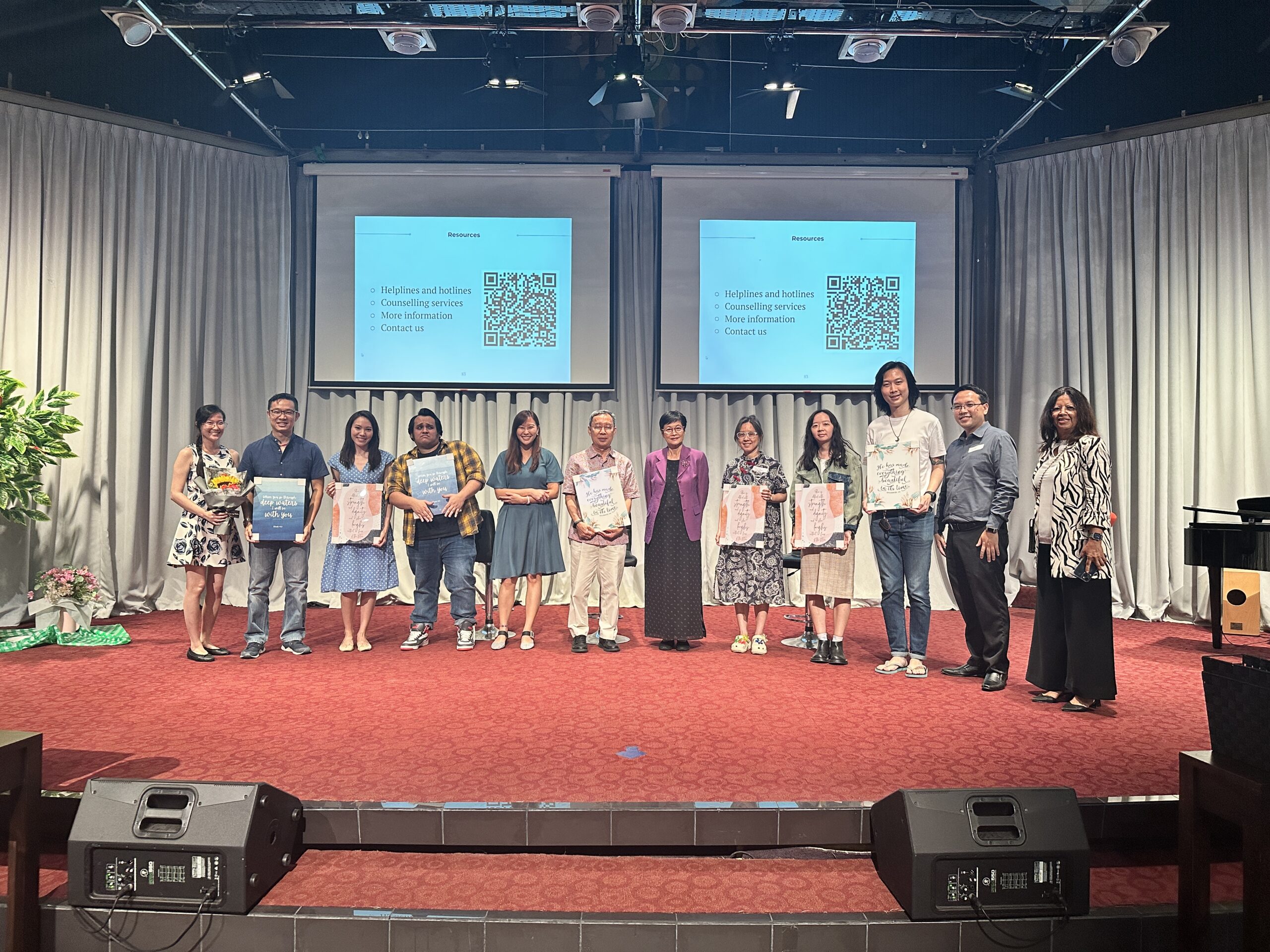
From January to June 2022 alone, Singapore filed 2603 reports of family violence, an alarming increase from the previous years. The Seventh-Day Adventist Church, taking part in the global "enditnow" initiative, is confronting this issue head-on. The church seeks to mobilise its community to raise awareness, share solutions, and spearhead policies for safety and protection.
This is a review of the "Behind Closed Doors" session, held in July 2023, providing an in-depth exploration of the issue. Featuring professional insights from Claire Leong, an individual and couples counsellor, the goal here is not only to share what transpired during the event but also to serve as a helpful resource for individuals who couldn't attend.
Unveiling the Impact of Abuse
Abuse, whether physical, sexual, or psychological, has a profound impact on its victims and the community. Children exposed to such violence face detrimental impacts on their growth, mental health, and life satisfaction. Adults, on the other hand, battle with disempowerment, mental ill health, and loss of confidence and trust, among others. With a 61% increase in sexual assault cases involving victims below 16 years old allegedly committed by family members and relatives in 2021, the issue of abuse, particularly among the youth, is a critical concern that we cannot ignore.
Recognising Abuse
The first step towards addressing any form of abuse is recognising it. This is, however, easier said than done. Some signs of abuse can be subtle and might be difficult to differentiate from regular disagreements or relationship stress. The tell-tale signs of abuse may include:
- Isolation: Abusers often attempt to isolate their victims from friends and family to prevent any outside intervention.
- Control: Excessive control over someone's activities, personal choices, or access to resources can indicate abuse.
- Intimidation and Threats: Any form of intimidation or threats, whether physical or psychological, is a sign of abuse.
- Physical Harm: Any form of intentional physical harm, no matter how small, is not to be dismissed.
- Emotional and Psychological Damage: Constant degradation, humiliation, and manipulation can cause severe psychological damage and is a significant sign of abuse.
Steps for Recovery
Addressing abuse can be a daunting task, but it is the necessary first step towards recovery.
- Acknowledge the Abuse: Accepting the fact that one is a victim of abuse is crucial.
- Reach Out for Support: Share your experience with someone you trust. This might be a trusted friend, family member, or professional counsellor.
- Create a Safety Plan: If you're in immediate danger, develop a safety plan to protect yourself. This includes identifying safe areas in your home, having a prepared escape route, or packing an emergency bag.
- Seek Professional Help: Professionals such as therapists, counsellors, and social workers are equipped to provide emotional support and resources.
- Legal Action: Depending on the nature of the abuse, legal action may be a necessary step. Contacting a legal advisor can help clarify the possible courses of action.
Upcoming Zoom Panel Discussion on Abuse
In an ongoing effort to address abuse and foster a supportive community, an informative Zoom panel discussion is being scheduled. This initiative is part of a broader campaign to educate and engage the public on this pressing matter.
The discussion, entitled '[Insert Topic]', will feature the following distinguished panelists:
- Heather-Dawn Small, Women’s Ministries Director at the General Conference, a strong advocate for women's issues and abuse prevention within the church.
- Dr. Orathai Chureson, Children’s Ministries Director at the General Conference, focusing on children's safety, maltreatment prevention, and support for children's well-being.
- Dr. Shee Soon Chiew, qualified psychotherapist, advisor to the principal of Sanyu Adventist School, whose insights into mental health and safety in schools will contribute to the discussion.
- Dr. John Tan, Executive Director of CARE Singapore, an expert in youth care and prevention of abuse-related issues, including suicide.
- Carolyn Lim, Singapore Counselling Association (SAC) registered counselor, social worker, and trauma specialist, bringing extensive experience in helping families recover from abuse.
Their collective knowledge and experience will provide a multifaceted view of the topic, shedding light on various aspects of abuse, including prevention, recovery, and the importance of safety in different environments.
Conclusion
Having discussed the various aspects and intricacies of recognising and addressing abuse, it's crucial to know where to find help. Below, you'll find a list of invaluable resources and helplines that can provide support in times of need.
| Name |
Opening hours |
Tel. |
| Police |
24-hours |
Call: 999
SMS: 71999 |
| National Anti-Violence & Sexual Harassment (NAVH) |
24-hours |
1800 777 0000 |
| Samaritans of Singapore (SOS) Suicide Hotline |
24-hours |
1-767 (1-SOS) |
| AWARE Women’s Helpline |
Mon - Fri
10am - 6pm |
1800 777 5555 |
| AWARE Sexual Assault Care Centre |
Mon - Fri
10am - 6pm |
6779 0282 |
Tinklefriend
(for primary school children only) |
Mon - Thu
2.30pm - 7pm |
1800-274-4788 |
The road to recovery from abuse is often long and arduous, but the journey is less lonely when armed with the right information and support. The goal of the “Behind Closed Doors” session, as well as this article, is to provide some of these resources. By recognising and addressing abuse, we can move forward towards a safer, healthier society for all.
(Note: This article should not be used as a replacement for professional help. If you or someone you know is in immediate danger due to abuse, call your local authorities or a crisis hotline.)
by Faith Toh, with additional reporting from Jessy Quillindo.
Add a review